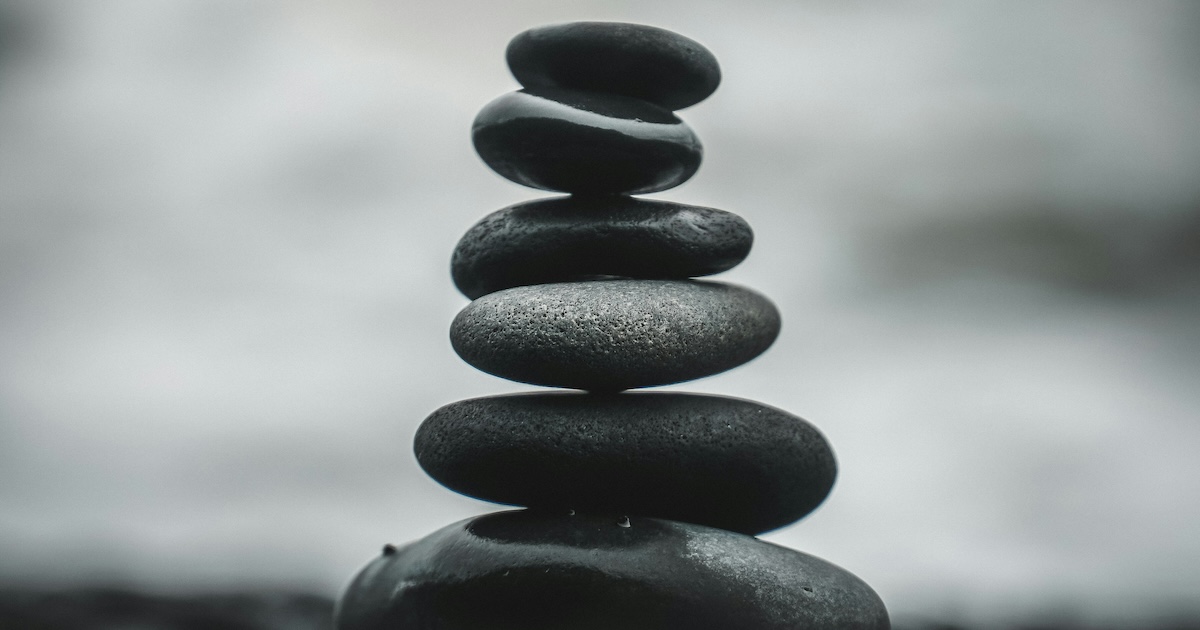We often find ourselves juggling numerous responsibilities between work, family, friends, and personal interests. But being busy isn’t the same as being productive. You need to find balance in every area of your life for sustainable or long-term productivity. A holistic approach toward productivity can help you achieve that elusive work-life balance.
What is sustainable productivity?
Before we dig into the practical steps, let’s clarify “sustainable productivity”. Sustainable productivity is about maintaining efficiency and effectiveness over the long term, rather than burning yourself out to get everything done right now. It means working smarter, not just harder, and ensuring that you’re not sacrificing your well-being in the process.
Productivity isn’t only defined by what you get done at work. It includes your health, relationships, personal growth, and overall life satisfaction. The key is finding a balance that allows all aspects of your life to flourish together, hopefully leading to a fulfilling and productive life.
A holistic view of productivity
Work
Let’s start with the obvious—work. While it’s important to be committed and productive in our jobs, it’s equally crucial to set boundaries to protect our time and energy. Overworking can lead to burnout, decreased efficiency, and even physical health issues.
Tips for a balanced work life
- Set clear boundaries—for yourself and people you work with. Define when your workday begins and ends. Communicate this to your colleagues and stick to it.
- Take regular breaks—breaks are necessary to recharge your mind and body and fuel creativity. Consider the Pomodoro technique where you work in focused sprints (usually 25 minutes) followed by short breaks, and a longer break after reaching a set of sprints.
- Prioritize tasks—use tools like the Eisenhower Matrix (I have an article about it here!) to determine what’s urgent and important and what’s not. This can help you focus on important tasks.
Health
Your health is foundational for sustainable productivity. Without your health, nearly every task becomes more difficult. Research has shown that physical activity can significantly enhance your cognitive function and overall productivity. (Read more about the link between fitness and focus here!)
Incorporating health into your daily routine
- Stay active—Aim for at least 150 minutes of moderate aerobic activity each week (recommended by health experts.) This can include anything from brisk walking to dancing.
- Fuel your body—Nutrient-rich foods provide sustained energy. Think whole grains, fruits, and vegetables rather than sugary snacks that lead to energy crashes. Consider the effect of caffeine as well!
- Prioritize sleep:—sleep is your body’s time to recharge and rebuild itself. Aim for 7–9 hours a night and create a relaxing bedtime routine to improve sleep quality.
Relationships
We often underestimate the influence our relationships have on our overall productivity and well-being. Strong social connections can provide emotional support, motivation, and accountability.
Building strong relationships
- Quality over quantity—it’s not about how many friends you have but how meaningful your connections are. Spend time nurturing positive relationships that matter and encourage personal growth.
- Check-in regularly—life gets busy, but regular check-ins with friends and family can strengthen relationships and help you feel supported.
- Work together—collaborate with colleagues on projects. Teamwork can lead to shared success and increased morale.
Personal growth
Personal growth is an essential part of sustainable productivity. Engaging in hobbies or learning new skills not only enhances your creativity and keeps you motivated.
Tips for personal growth
- Pursue hobbies—dedicate time to activities you love, whether it’s painting, hiking, or reading. These pursuits can provide a refreshing break from work.
- Lifelong learning—consider taking online courses or practicing new skills. This can ignite your passion and creativity, contributing to your overall productivity.
- Reflect and adapt—take time to reflect on your goals and progress. Journaling, even if it isn’t a daily habit, can be a great way to track your thoughts and growth.
Practical tips for achieving work-life balance
Now that we’ve looked at the different parts of a balanced life, here are some practical tips to help you actually implement these ideas:
- Create a routine—create a daily and/or weekly routine that incorporates time for work, health, relationships, and personal growth. Consistency is key to maintaining balance.
- Practice self-care—while “self-care” has been trendy, the truth is that activities that nourish your mind and body are necessary to a balanced lifestyle.
- Embrace flexibility—life is wildly unpredictable. Be open to adjusting your routines and priorities as needed. Flexibility can help you maintain balance during hectic times. You can always come back to your original routines later.
Sustainable productivity is a journey
Finding balance or achieving sustainable productivity isn’t a one-time goal you knock out in an afternoon. It’s an ongoing journey where you’ll work on yourself and adjust your methods along the way. When we realize that all aspects of our life are interconnected, we can focus on creating a balanced lifestyle that promotes long-term productivity and well-being. It’s about progress over perfection.
If you’re feeling overwhelmed, take a step back and assess how each area of your life is contributing to your overall well-being. By focusing on balance rather than how much you get done, you can create a fulfilling and sustainable approach to life and work.


1 thought on “Finding balance for sustainable productivity”